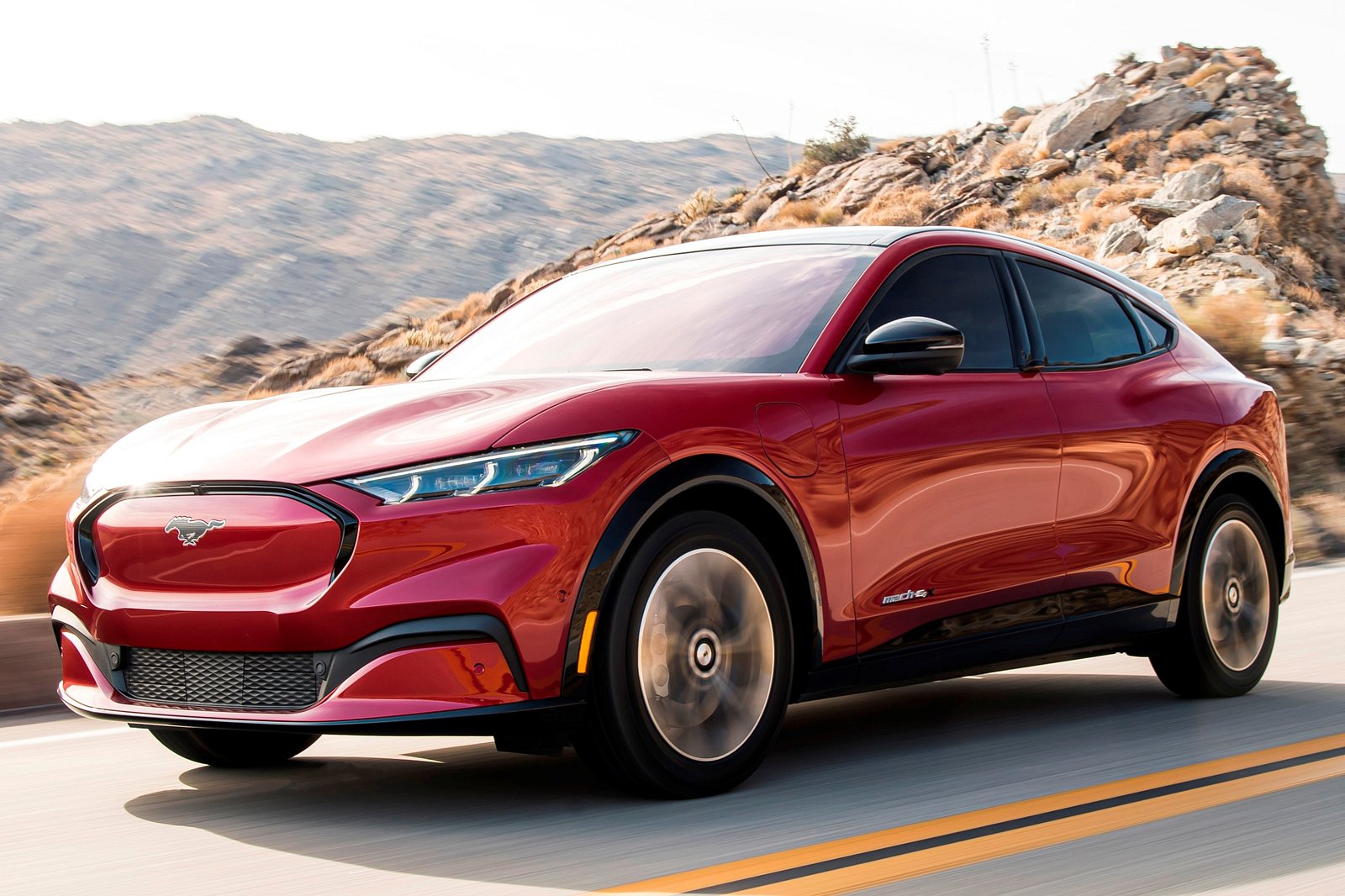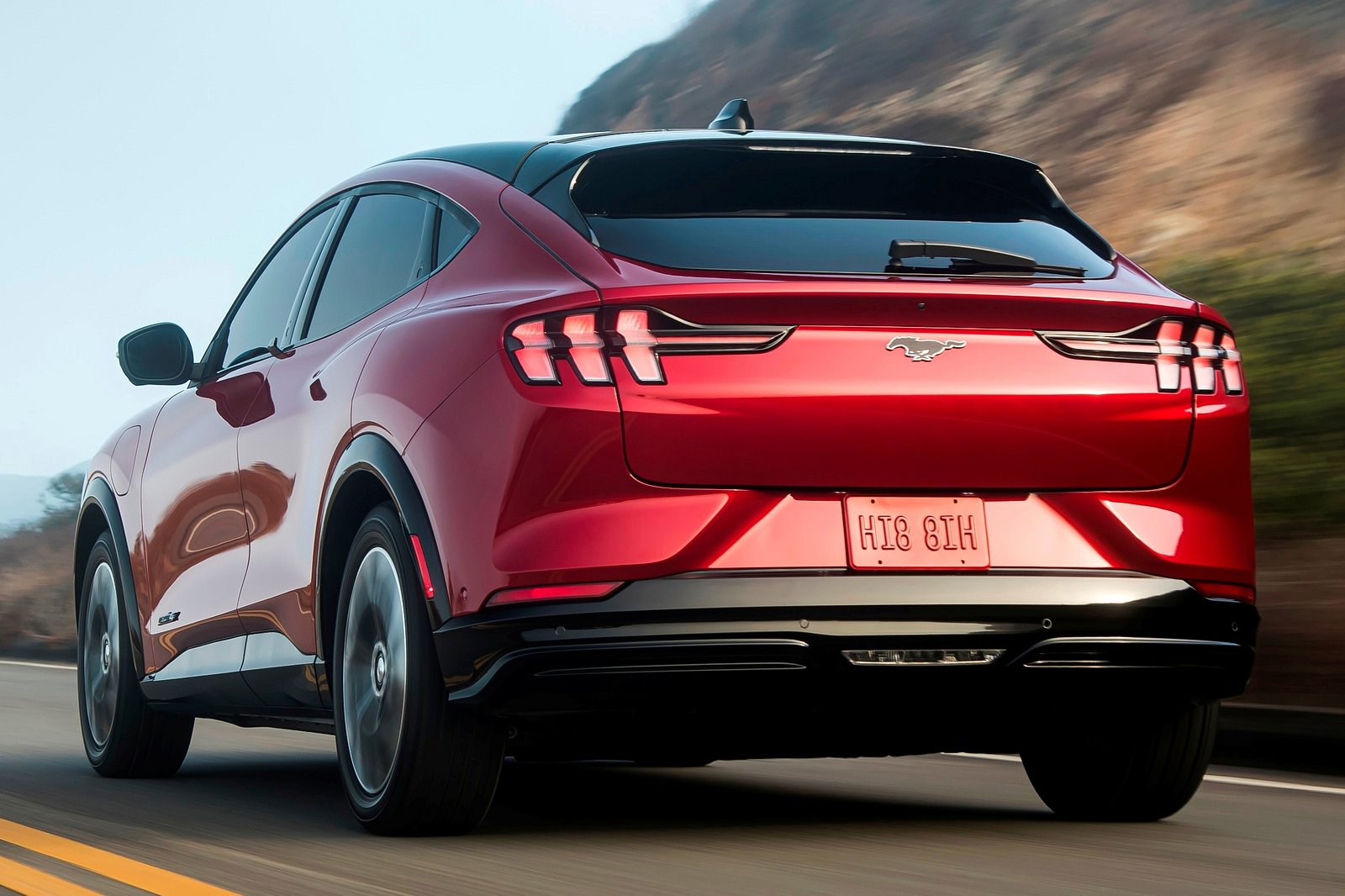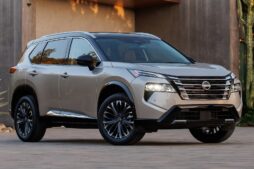Connections to Chinese Military and Political Entities Accused of Xinjiang Human Rights Violations
The Ford Motor Company is once again facing criticism from American legislators, as chairs of two U.S. House committees have requested for the Biden administration to investigate four Chinese companies that are part of Ford’s upcoming battery production facility in Michigan.
Representative Mike Gallagher, chair of the select committee on China, and Representative Cathy McMorris Rodgers, chair of the Energy and Commerce Committee, have stated that four entities were responsible for the “design, construction, and information technology (IT) processes” of the facility.
Ford has stated that it adheres to “all government regulations throughout our operations” in response to recent concerns. The company also emphasized that its suppliers are obligated to comply with their strict standards, including those related to safeguarding human rights. Furthermore, these requirements must also be extended to any suppliers that they may collaborate with.



The article by Reuters states that the four involved corporations have not been publicly identified due to the fact that the committees conducted their investigation using confidential Ford documents. This prohibited them from disclosing any names.
The fresh appeal adds to the multitude of worries regarding China’s impact in the American electric vehicle (EV) industry. The recently revised 2024 Inflation Reduction Act has even slashed the qualification requirements for certain EV models – such as the Mustang Mach-E – to receive a tax credit worth $7,500. This legislation aims to urge car manufacturers to decrease their reliance on Chinese suppliers in an effort to stimulate investments in domestic production.
In a letter addressed to the Treasury and State Departments, members of Congress have urged for an investigation into potential sanctions evasion by a Chinese company involved in supplying IT equipment for the new Michigan battery plant. The letter specifically points out that Ford has chosen to work with “the same cloud integration and data provider” that has been linked to illicit activity by the North Korean Ministry of Foreign Affairs, labeling this decision as “indefensible.”



The Treasury reiterated its dedication to combatting North Korea’s “illicit revenue generation activities, including the exploitation of foreign workers, money laundering, and cyber espionage.” In addition, Ford declared that the battery plant remains under the complete ownership and operation of the company.
Initially, Ford had intended to allocate $3.5 billion towards the construction of a battery plant in Michigan. However, towards the end of last year, they scaled back their investment to approximately $2 billion. The main objective of this plant is to manufacture lithium-iron-phosphate (LFP) batteries, which are anticipated to reduce the prices of electric vehicles and enhance their performance and durability.
In the month of November, the aforementioned committee expressed worries over the imposition of American tariffs on China. Meanwhile, Europe has taken measures to curb the outflow of electric vehicles (EVs) from China. However, China contends that President Biden’s decision to block its batteries is a violation of international trade regulations.
Ignoring geopolitical conflicts, the race for electric vehicle superiority is a highly intriguing competition.









